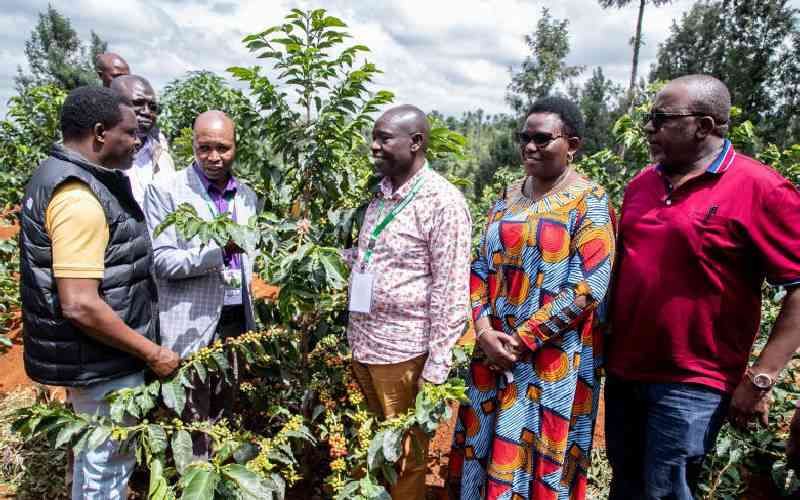×
The Standard e-Paper
Fearless, Trusted News

The ongoing reforms in the coffee sector by the government have borne mixed results.
The Kenya Kwanza administration at the start of last year embarked on a coffee sector reform journey, hoping it could take on the challenges crippling the once vibrant sector, which past regimes tried to steer into a growth path but fell short.